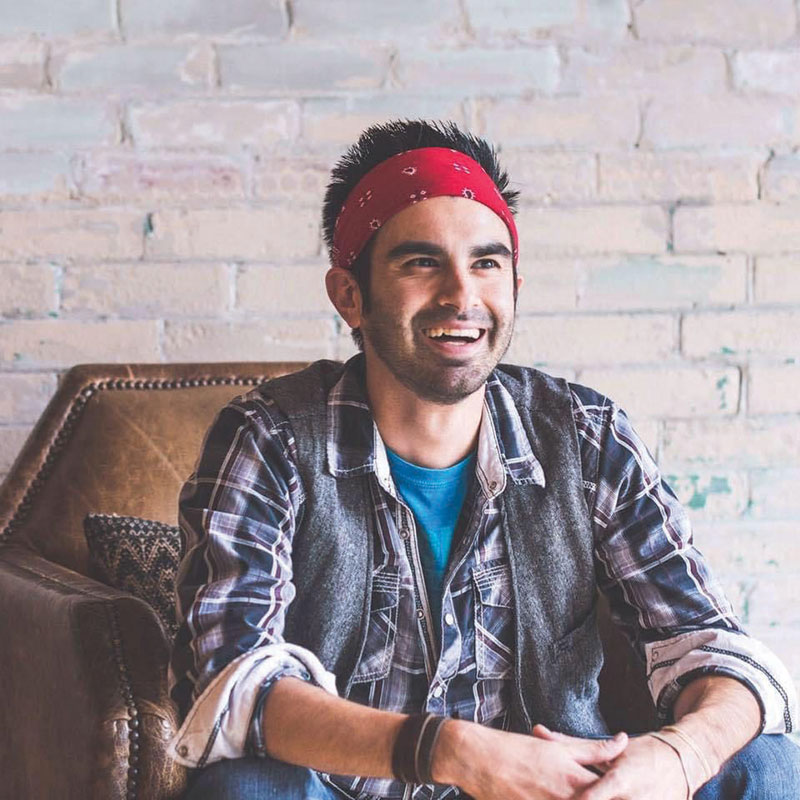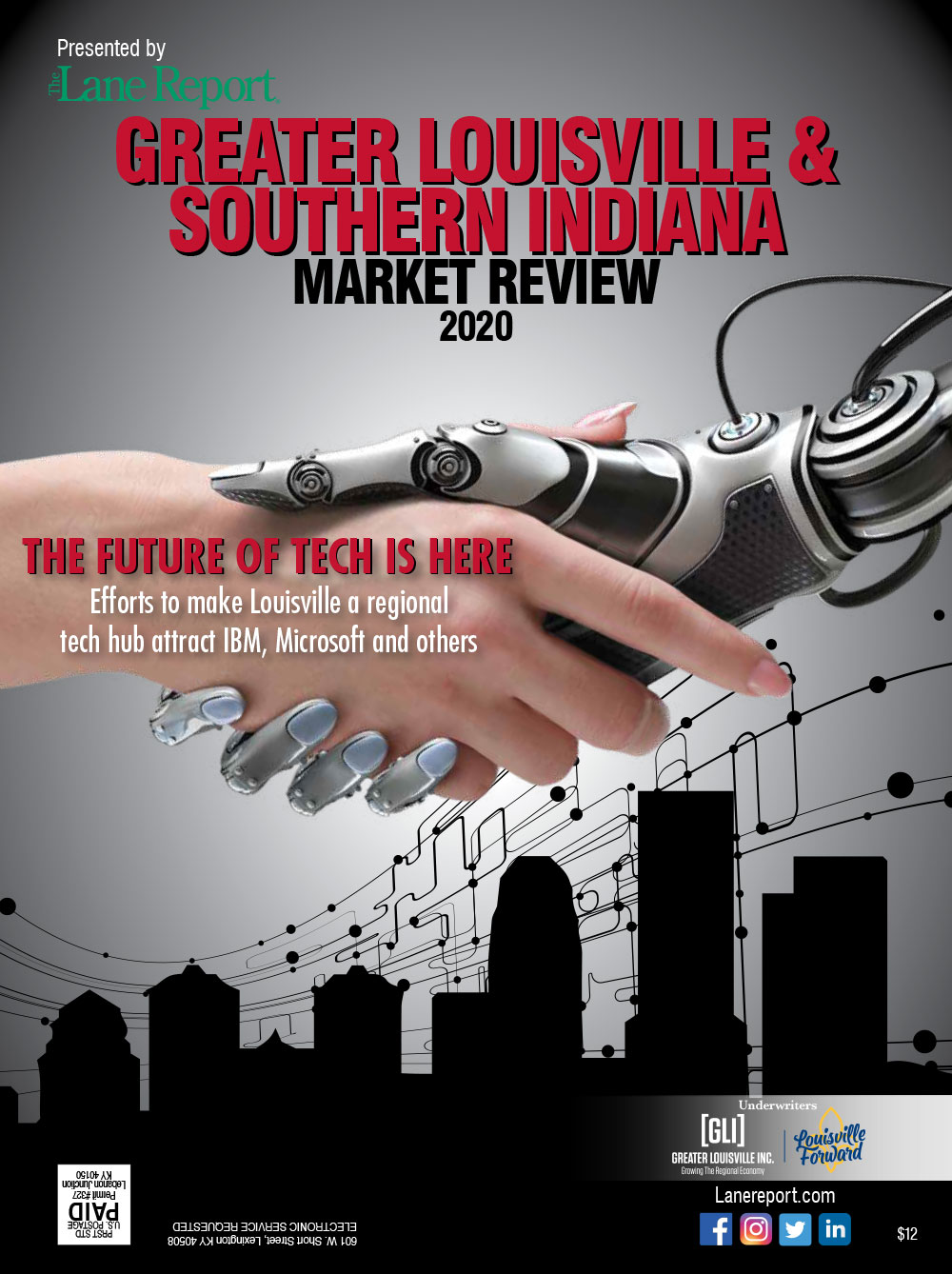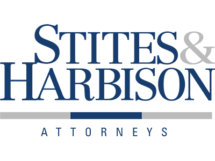SMALL BUSINESS SNAPSHOT
By Lorie Hailey

Coffee has always played an important role in Salvador Sanchez’s life.
Every Saturday morning, his parents would let him and his five siblings each have one cup of coffee. Then they would spend the morning talking for hours as a family, sharing their lives. When one of his grandmothers would visit, she would spend hours drinking coffee and visiting with his parents. Sanchez would listen to their conversations, thick with Spanish and nostalgia, and sneak cups of coffee for himself.
 As he grew up, he became more interested in the coffee industry. He watched the rise of Starbucks and other chains, followed by the third wave coffee movement, which focuses on experiencing and appreciating quality coffee. He made up his mind to someday make a career in coffee.
As he grew up, he became more interested in the coffee industry. He watched the rise of Starbucks and other chains, followed by the third wave coffee movement, which focuses on experiencing and appreciating quality coffee. He made up his mind to someday make a career in coffee.
After two stints in the corporate world, where he honed his business acumen and researched how and where to open his own coffee company, Sanchez took the plunge and moved to Lexington. Within a few months, he opened the bright blue door of A Cup of Common Wealth in downtown Lexington on July 1, 2013. The coffee shop’s mission: “Embrace community. Serve others. Create Culture.”
“We make all of our decisions based off this mission statement,” Sanchez said. “We come back to it often and ask ourselves: How are we reaching out to our community, how are we bettering our community, how are we serving the underserved, how are we serving our fellow man and woman, how are we creating an inclusive culture, how are we creating a safe culture?”
To celebrate its commitment to community, the shop offers a “Pay It Forward” board, where future drinks can be purchased for anyone to redeem at any time. Customers can name the person they want to receive the coffee or get creative with their generosity. For example, a customer may write, “1 latte for a Lexington fireman” or “1 drink for any recently married person.” Pay It Forward options also are available on its website.
- IT’S FREE | Sign up for The Lane Report email business newsletter. Receive breaking Kentucky business news and updates daily. Click here to sign up
In January 2017, Sanchez and his team opened Chocolate Holler, a chocolate and coffee bar on Old Vine Street in Lexington. A second A Cup of Common Wealth location was opened in June 2019, across from the courthouse in downtown Georgetown. A Cup of Common Wealth also operates a coffee roaster. The company has 36 employees.
This fall, the company plans to open a coffee shop in The Cornerstone, a mixed-use building being constructed at the corner of Winslow and Limestone Street in Lexington that will be considered the entryway to the University of Kentucky’s campus. Sanchez shared more about his company for this month’s Small Business Snapshot.
What services/products do you provide?
We offer coffee, tea, pastries, sandwiches, bagged and bulk coffee, mugs, coffee equipment for your home, T-shirts, hats and a few unique items, specific to each shop. Our Chocolate Holler location offers coffee, specialty hot chocolates, specialty mochas, espresso shakes, baked goods, bagged coffee, chocolate bars, mugs and T-shirts. Our roaster, Magic Beans Coffee Roaster, offers wholesale coffee to restaurants, offices, hotels, grocery stores, boutique shops, breweries and other coffee shops, as well as subscription coffees that can be delivered to someone’s home.
How have things changed since you first opened?
When we first opened in Lexington, there weren’t as many coffee shops, but now there are great coffee shops all around the city. As it pertains to the coffee industry at large: We were opening around the time that third wave coffee had already been mainstream and most people could speak to it. We try our best to showcase elements of third wave coffee, but also focus on an intentional, missional way of doing business along with service that showcases a focus on the idea of humanity.
When you meet someone new, how do you describe your job?
Over the last year or so, I’ve been really focused on not talking about my “job.” To me, it is a portion of my life and I try not to steer all my conversations to it. My family and best friends rarely talk about it with me. So, when I describe my job, I say it’s a lot of fun, it’s fulfilling, and [then I do] a lot of blocking and tackling. It’s mostly working with the management team on how to develop future leaders, how to make sure each employee is better off than when they walked in their first day, reviewing and overseeing quality control, ensuring we all work to enhance our culture, and a lot of financial management these days.
What’s your favorite most recent project/experience/sale?
One of my favorite projects was a cultural test that the whole company took about two years ago. We examined how we were doing as an organization in terms of our staff, our diversity, our inclusion, how people felt about the company, how we felt about each other, what our blind spots were, our learning styles…we discovered everyone’s perceived social capital in the organization. It was fascinating and gut-wrenching at the same time. After we had our results, we shared them with the staff and had them review the results in silence and then we spoke about it together as a group. We came up with key areas of focus to improve our culture that resulted in changes in how we train, how we hire, and even how we treat one another.
In what ways has COVID-19 affected your business? How has your company responded to these challenges?
The first few weeks were extremely tough. We immediately went from 30-plus employees to five and we asked the community for help. By doing this, we were able to make sure the entire staff could still be paid and act as if we were just starting up a business for the first time. So we looked at everything as if it was new: how to clean, how to sanitize, how to operate, how to handle curbside, how to handle any/all transactions, how to answer the phone, how to deliver, how to manage administrative work, how to say yes at times, how to say no at times. Day by day, we evolved and were able to bring back our entire staff safely. Ultimately, it was the community that took care of us: sometimes kind words, sometimes little notes, sometimes enormous donations/tips, sometimes buying way more coffee than they needed, sometimes just pulling us to the side and checking in. Even in scary, dark times, there always seems to be something bright and full of light on the other side. From day one, our community was there paying it forward.
Why is paying it forward important to you?
Probably because so many have paid it forward to me. I was brought up with parents who weren’t worried about what they would become; they were worried about what I would become. They’ve only been in this country since the ’60s and ’70s, so their hope was that their future generations would have more opportunities. Past that, I look at what happens when people pay it forward: a stranger giving something to another stranger, never seeing the end result. How compassionate. That’s an inspiring action.
How is your company involved in the community?
There are a lot of different ways, from donations to causes we believe in, to supporting the small business community. It’s important that we always look for ways to enhance our communities via volunteering, donations, contributions or advocating. I don’t think you can be a good business or a good steward of this planet if you aren’t looking for ways to be involved or enhance your community. ■
Lorie Hailey is special publications editor for The Lane Report. Send recommendations for Small Business Snapshot to [email protected].



















Add Comment